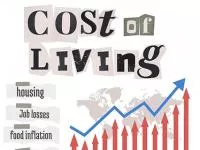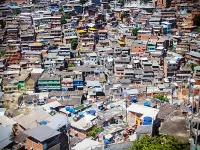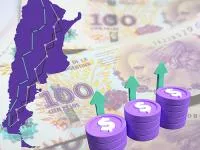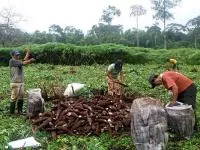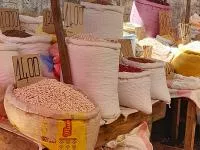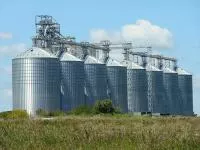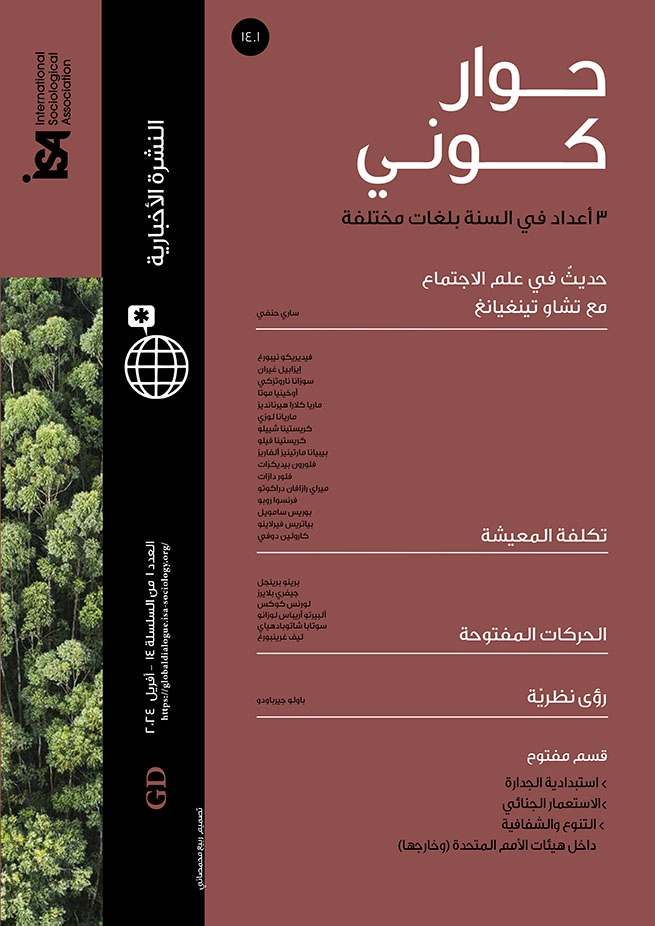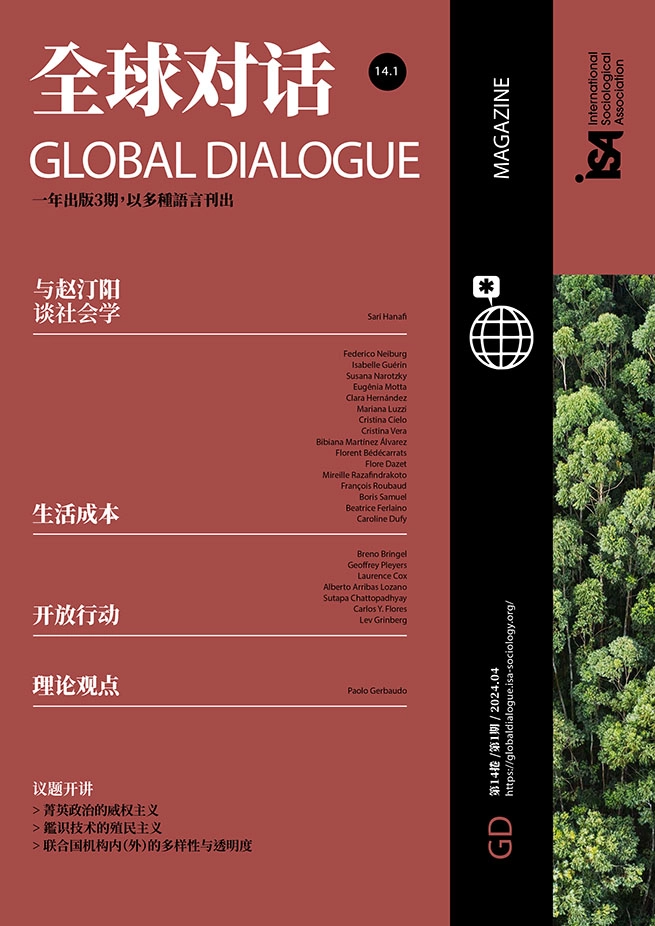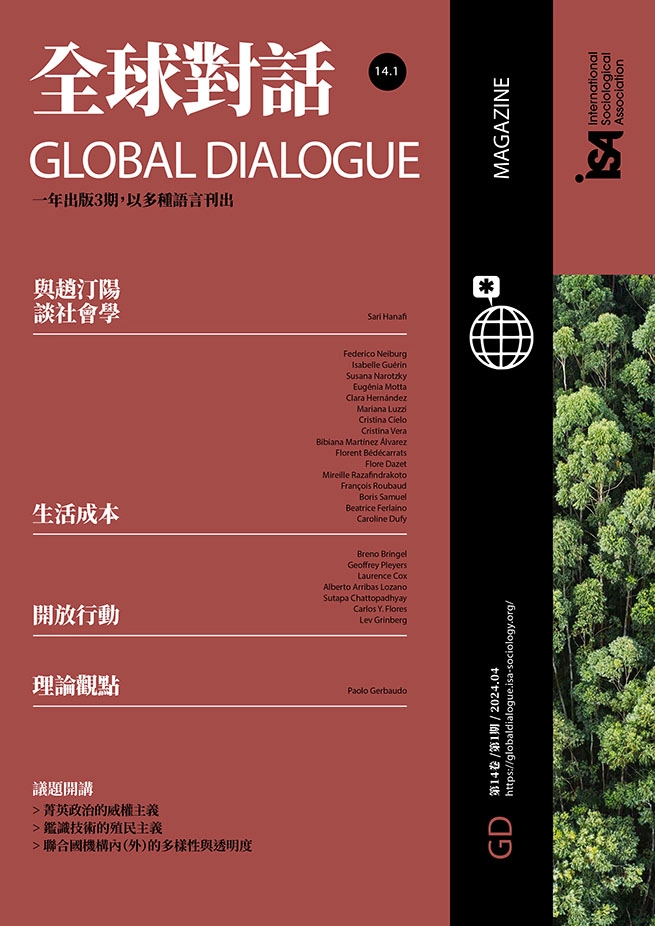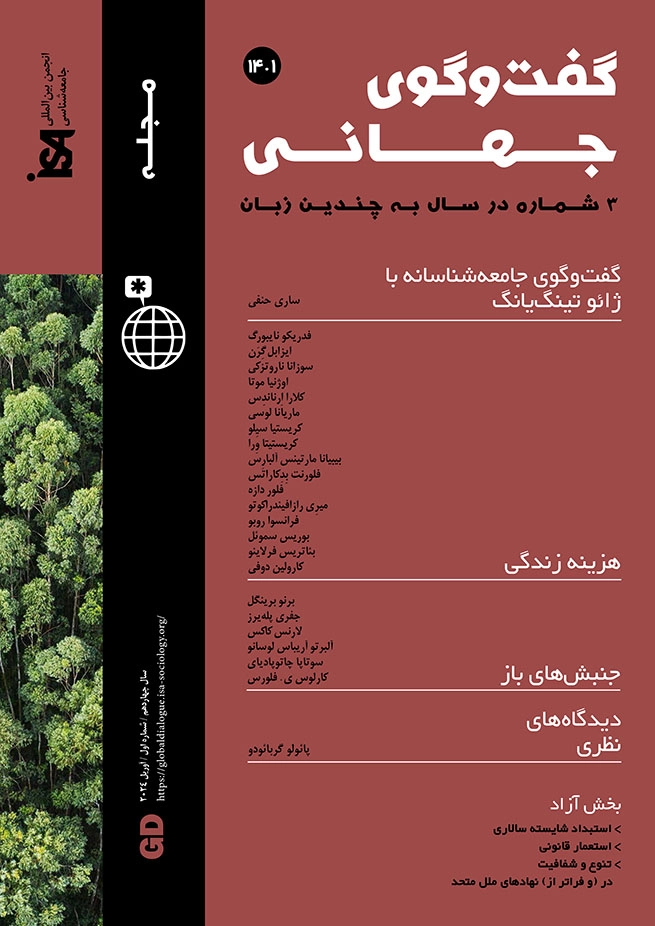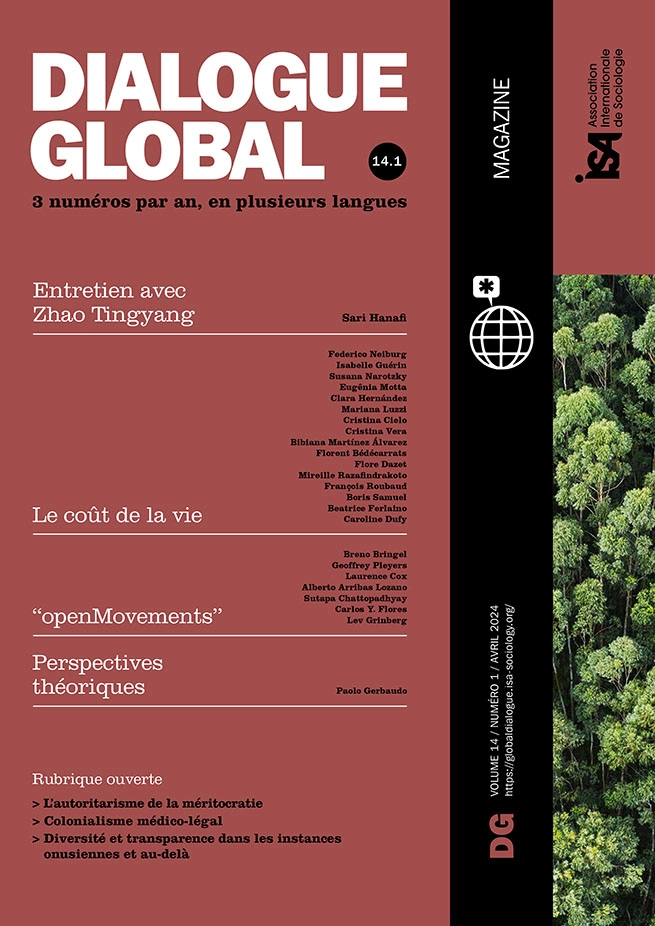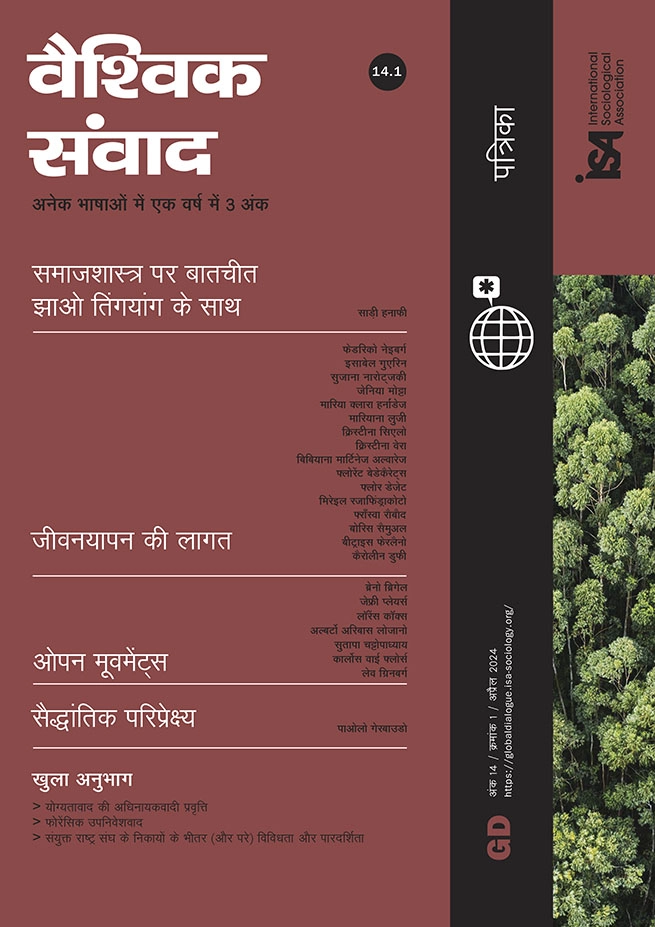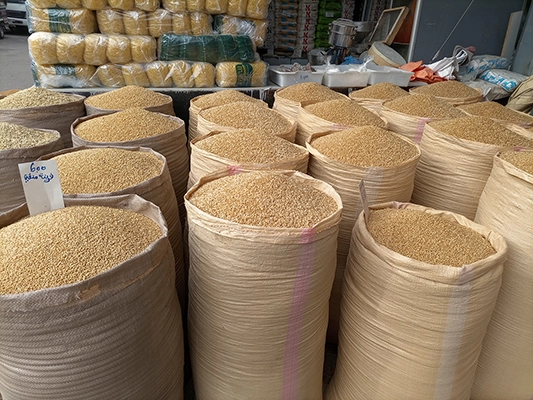The Moroccan system of subsidies – which actors refer to as compensation – organises the markets for products that the government designates as “strategic”, principally because of their importance for household purchasing power: butane gas, flour, bread and sugar. Our work offers a historical sociology of this system, which has persisted until today despite the criticisms it has received since its inception and repeated promises to dismantle it. This “compensation” emerged from the pricing policies adopted by the French Colonial Empire in the inflationary context associated with the Second World War (1941), and governs the consumption, production, and marketing of products. It is the incarnation of the “État grenier” (the granary state), which legitimised its power in the eyes of the people by ensuring subsistence and by preventing social unrest. We demonstrate that the resilience and transformations of this Moroccan system of subsidies, which has survived the economistic criticisms of international financial institutions, can be analysed by considering the power relations which support it.
Subsidising basic products
Moroccan subsidies on basic products involve a variety of mechanisms, and address different economic issues depending on the product: flour, sugar, table oil or butane gas (and fuel, until the liberalisation of the sector in 2015). The term “compensation” is also invested with various socio-political meanings by different actors; these tend to be associated with the state’s preoccupation with maintaining household purchasing power, as well as with the rentier logic of the large economic groups in search of profit. State intervention through the markets makes it possible to regulate economic and political rivalries and alliances, notably in connection with the Royal Palace. The uses of the word “compensation” can also deviate from its strict official meanings. Government payments aimed at maintaining a low and stable price of bread, for example, are not formally labelled as compensation costs, even though as far as the actors are concerned, they are part of this policy. The compensation policy in Morocco is rooted in the history of the exercise of power, and the generic category of “compensation” is emic.
The bureaucratic artefacts of compensation
In the political terrain, there are bureaucratic artefacts of compensation; notably, the “price structures” frame actors’ practices and are a way of exercising power in contemporary Morocco. The bureaucratic and financial procedures of compensation reinforce or establish hierarchies within sectors: in the cereals sector, for example, the bonuses granted to farmers secure the profits of seed producers. The way subsidies are calculated also appears to allow questionable profits to be made, as in the butane sector, indicating that the public authorities have a degree of tolerance towards the fraudulent appropriation of public resources. Finally, the price administration mechanisms enable operators to obtain acknowledgment of their alliances with the state. For example, in the flour market, the distinction between the two subsidised types of flour, for the entire country and for the Saharan provinces, is reflected in the value of the subsidies – the most significant ones currently being reserved for the Casablanca mills. Because their use is embedded in power struggles and competitive relationships among operators, the system of subsidies plays a mediating role in the renegotiation of political relations.
History of subsidised prices
The history of subsidised prices is also one of reform, with changing political legitimacy. At the beginning of the 1980s, the Bretton Woods institutions deemed subsidies to be too costly and ineffective at reaching poor households. But the compensation reform was interrupted by the opposition expressed during the so-called ”bread riots” of 1981 and 1984. However, rampant government actions continued to reduce the breadth of the system up to the end of the 1990s. In the first decade of this century, King Mohammed VI launched initiatives with the aim of gradually replacing subsidies by transfers targeting the poorest areas and households. But after the so-called “Arab Spring” protests of 2011, the idea that suppressing compensation would result in political and social turmoil took root, even in international institutions and rating agencies. The idea of a simple status quo around compensation is not, however, pertinent to understanding the political transformations that are underway.
At the beginning of this century, the legitimacy of reform increased. Numerous technical studies pointed out opaque and unequal management of compensation – with the wealthiest 20% of the population receiving 75% of the awards. The debate on reforming subsidies also structured partisan politics. Abdelilah Benkirane of the Islamist Justice and Development Party (PJD), who was Prime Minister from 2011 to 2017, made the suppression of compensation in favour of targeted financial transfers one of his principal battle cries for taking power. It therefore seems more appropriate to understand compensation reform as part of a period combining transformation and resilience, rather than as a linear dismantling marking the transition from a time of state interventionism to one of free markets.
Protests against price rises
Protests against price rises, often analysed as mechanical reactions to the high cost of living, are a broader challenge to the political order, and have marked Moroccan history. Between 1981 and 1990, during the period known as “les années de plomb” (the “lead years”), the large-scale popular demonstrations that took place in 50 towns across the country, labelled as “bread riots”, have frequently been presented as unorganised outbursts of violence provoked by an increase in the price of bread. However, these uprisings, which were severely repressed, were organised by political movements and reflected a profound and widespread questioning of the legitimacy of the exercise of power by Hassan II’s regime. They responded to years of intense political violence and severe restrictions on the freedom of expression and opposition. Prices are a privileged means of expressing protest. In the wake of the so-called ”Arab Spring” revolts in 2011, for the government, action in favour of purchasing power was also a way of displaying the state’s benevolence towards its citizens. The implementation of subsidies is a frequent countermeasure in the face of contestation.
Boris Samuel, Institut de Recherche pour le Développement and Institut des Mondes Africains, France <boris.samuel@ird.fr>
Beatrice Ferlaino, University of Bologna, Italy
